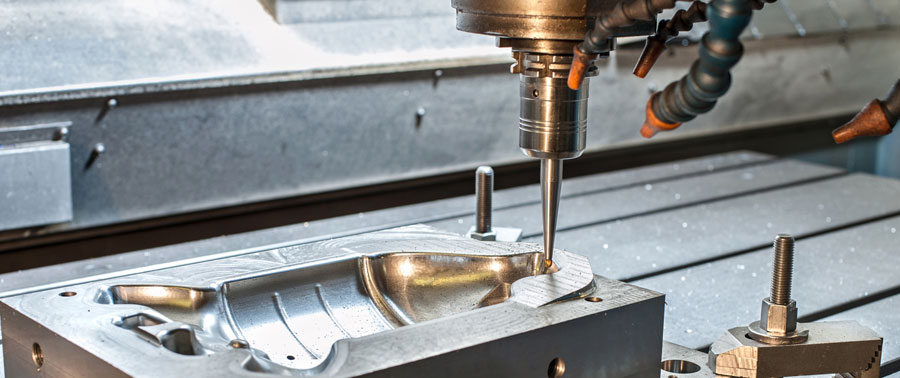Die castings are a manufacturing process that involves forcing molten metal into a mold cavity under high pressure. This process is widely used in the production of complex parts with high accuracy and dimensional stability. In this article, we will discuss the process, uses, and advantages of die castings.
Process:
Die casting is a highly automated process that involves several steps. The first step is the preparation of the mold. The mold is made of steel and can be designed to produce complex shapes and geometries. The mold is then coated with a lubricant to prevent the metal from sticking to the mold and to aid in the removal of the casting.
The next step is the preparation of the metal. The metal is melted in a furnace at a temperature of around 600 to 700 degrees Celsius. Once the metal is melted, it is injected into the mold cavity using high pressure. This ensures that the metal fills all the cavities of the mold and produces a highly accurate and precise part.
After the metal has solidified, the part is removed from the mold using ejector pins. The part is then cleaned and finished to remove any excess material and to improve the surface finish. The finished part is then ready for use.

Uses:
Die casting is widely used in the production of parts for a variety of industries, including automotive, aerospace, and consumer products. Some common parts that are produced using die casting include engine blocks, transmission housings, and structural components for aircraft.
Advantages:
Die casting offers several advantages over other manufacturing processes. Firstly, it is a highly automated process that can produce parts with high accuracy and dimensional stability. This makes it an ideal process for producing complex parts with tight tolerances.
Secondly, die casting can produce parts with excellent surface finish and detail. This is because the mold can be designed to produce parts with intricate geometries and details that are difficult to achieve using other processes.
Thirdly, die casting is a cost-effective process that can produce parts in high volume. This is because the process is highly automated and can produce parts with minimal waste.
Conclusion:
Die casting is a highly automated process that is widely used in the production of complex parts with high accuracy and dimensional stability. It offers several advantages over other manufacturing processes, including excellent surface finish, high accuracy, and cost-effectiveness. As a result, it is a popular choice for producing parts for a variety of industries.
-

- Parti UAV tixomolding in lega di magnesio pressofusione C
-

- Parti UAV tixomolding in lega di magnesio pressofusione
-

- Pressofusione in lega di mangensio Tixostampaggio di parti metalliche
-

- Parti e componenti pressofusi OEM
-

- Cassa di trasferimento per ricambi auto in pressofusione in lega di magnesio
-

- Parti in lega di magnesio Thixomolding per alloggiamento macchina di aspirazione dell'ossigeno

 0086-750-5616188
0086-750-5616188 +86 13392089688
+86 13392089688 sales@zhongmei-tech.com
sales@zhongmei-tech.com







